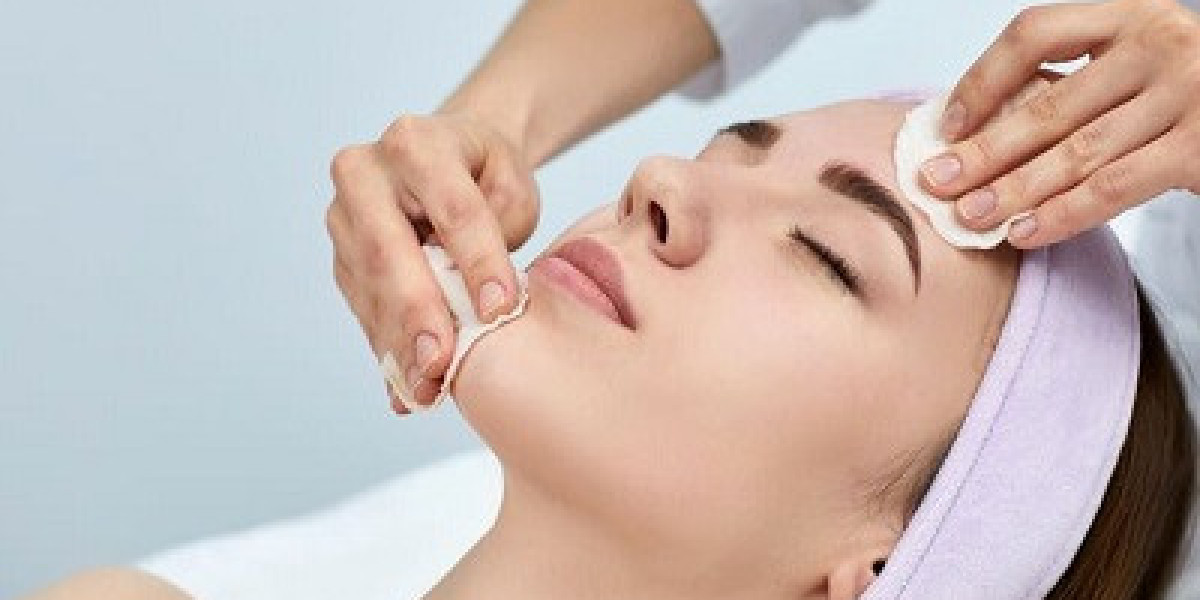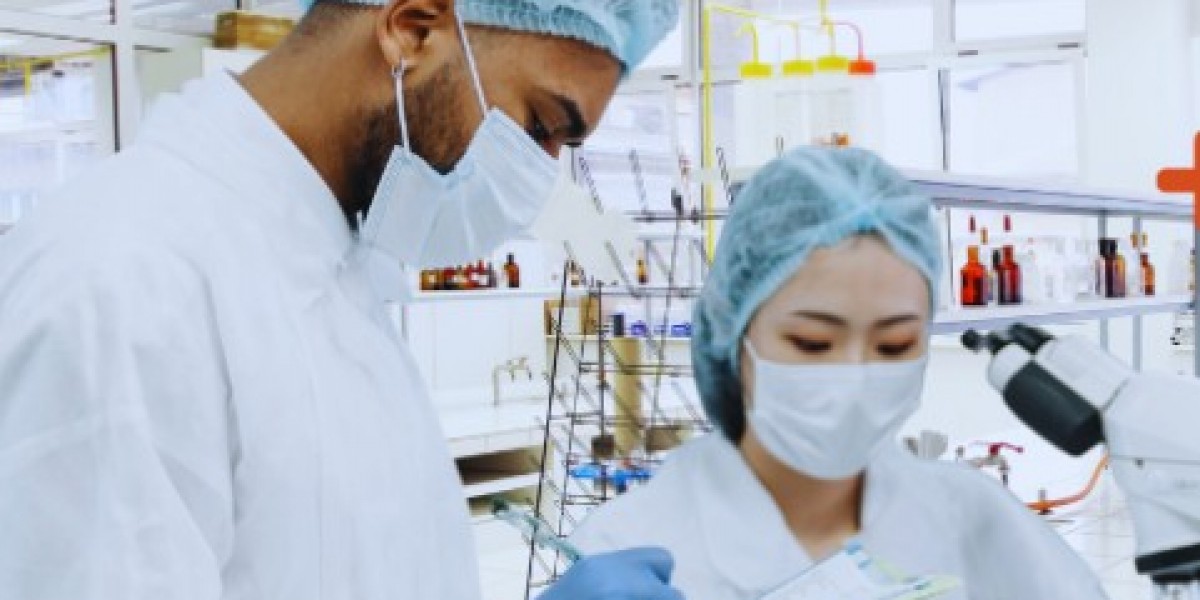Acne is a common skin condition that affects many teenagers, often leading to emotional distress and low self-esteem. As hormones fluctuate during adolescence, oil production in the skin increases, leading to clogged pores and breakouts. Finding effective Acne Treatment Oman can significantly improve skin health and boost confidence. In this article, we’ll explore the best practices for managing acne in teenagers, from skincare routines to professional treatments.
Understanding Acne: The Basics
What Causes Acne?
Acne develops when hair follicles become clogged with oil, dead skin cells, and bacteria. Several factors contribute to the development of acne, including:
- Hormonal changes: Increased hormone levels during puberty can lead to excess oil production.
- Genetics: A family history of acne can increase the likelihood of developing the condition.
- Diet: High-glycemic foods and dairy products may trigger acne flare-ups.
- Stress: Emotional stress can worsen acne symptoms.
Understanding these factors can help teens and their parents take proactive steps in managing their skin health.
Effective Skincare Routine for Acne-Prone Skin
Daily Cleansing
Establishing a daily skincare routine is crucial for managing acne. Teens should use a gentle cleanser that removes excess oil without stripping the skin of its natural moisture. Look for products containing salicylic acid or benzoyl peroxide, which help unclog pores and reduce inflammation.
Exfoliation
Regular exfoliation can help remove dead skin cells that contribute to clogged pores. However, teens should avoid harsh scrubs that can irritate the skin. Instead, opt for chemical exfoliants containing alpha-hydroxy acids (AHAs) or beta-hydroxy acids (BHAs) that are gentler and more effective.
Moisturizing
Many teens believe that moisturizing will worsen their acne, but this is a misconception. Using a non-comedogenic moisturizer helps maintain the skin's hydration levels without clogging pores. Look for lightweight, oil-free formulas designed specifically for acne-prone skin.
Lifestyle Changes to Combat Acne
Balanced Diet
Eating a balanced diet rich in fruits, vegetables, whole grains, and lean proteins can significantly impact skin health. Foods high in antioxidants, such as berries and leafy greens, help combat inflammation. Avoiding sugary and processed foods may also reduce acne flare-ups.
Hydration
Drinking plenty of water is essential for overall health and can improve skin condition. Proper hydration helps maintain the skin's elasticity and aids in flushing out toxins that can contribute to breakouts.
Stress Management
Stress can exacerbate acne, making it crucial for teens to find effective coping mechanisms. Regular physical activity, mindfulness practices, and adequate sleep can help reduce stress levels and improve skin health.
Professional Acne Treatments Available in Oman
Topical Treatments
In cases of moderate to severe acne, dermatologists in Oman may prescribe topical treatments. These can include:
- Retinoids: Help unclog pores and prevent new breakouts.
- Antibiotics: Reduce inflammation and bacteria on the skin's surface.
- Hormonal treatments: For females, hormonal therapies may help regulate hormone levels and reduce acne.
Oral Medications
For persistent acne that doesn't respond to topical treatments, oral medications may be necessary. Options include:
- Antibiotics: Effective for reducing bacteria and inflammation.
- Isotretinoin: A powerful medication for severe acne, but it comes with significant side effects and requires close monitoring by a dermatologist.
Professional Procedures
In addition to medications, various in-office treatments are available in Oman for treating acne. These include:
- Chemical Peels: Exfoliate the skin and help unclog pores.
- Laser Therapy: Targets acne-causing bacteria and reduces inflammation.
- Microdermabrasion: Gently exfoliates the skin, improving texture and appearance.
Natural Remedies for Acne
Tea Tree Oil
Tea tree oil is a natural antiseptic known for its antibacterial properties. Diluting tea tree oil with a carrier oil and applying it to affected areas can help reduce acne without harsh chemicals.
Aloe Vera
Aloe vera is known for its soothing and anti-inflammatory properties. Applying aloe vera gel can help reduce redness and promote healing for acne-prone skin.
Honey and Cinnamon Mask
Both honey and cinnamon have antibacterial properties. Mixing these two ingredients into a paste and applying it as a mask can help fight acne and reduce inflammation.
Conclusion: Empowering Teens for Clearer Skin
Managing acne can be a challenging journey for teens, but with the right approach, it is possible to achieve clear skin. By adopting a consistent skincare routine, making healthy lifestyle choices, and seeking professional help when necessary, teenagers can take control of their skin health. Understanding the best acne treatment options available in Oman empowers teens to make informed decisions, leading to improved confidence and overall well-being.







